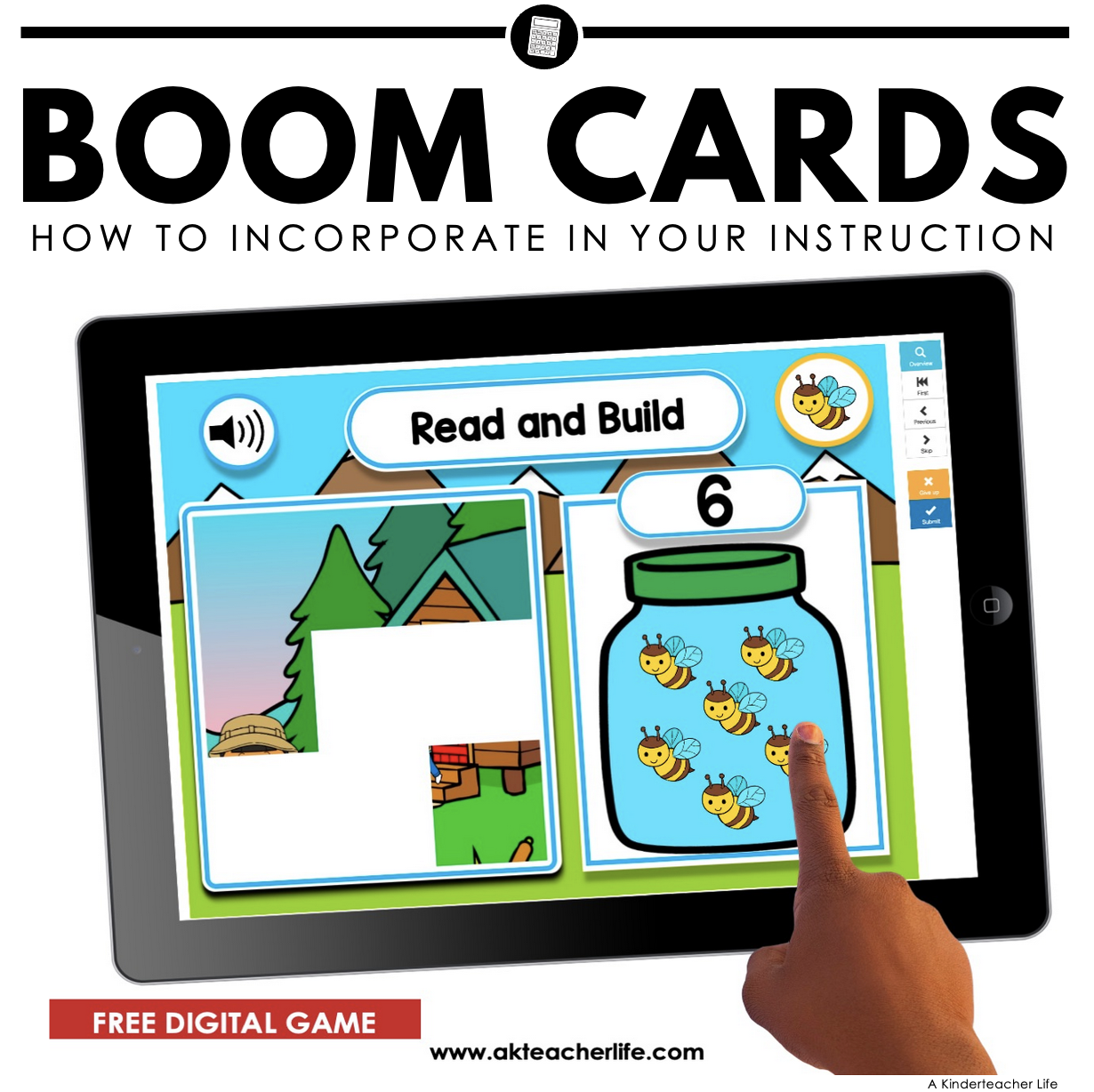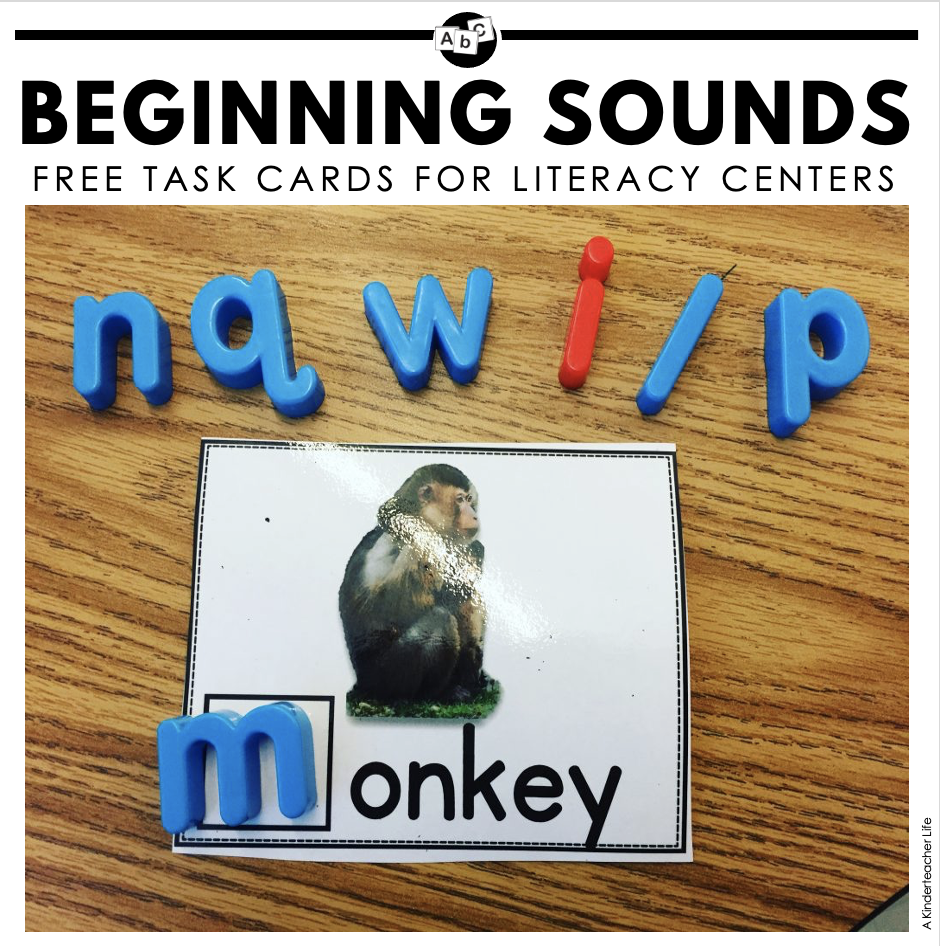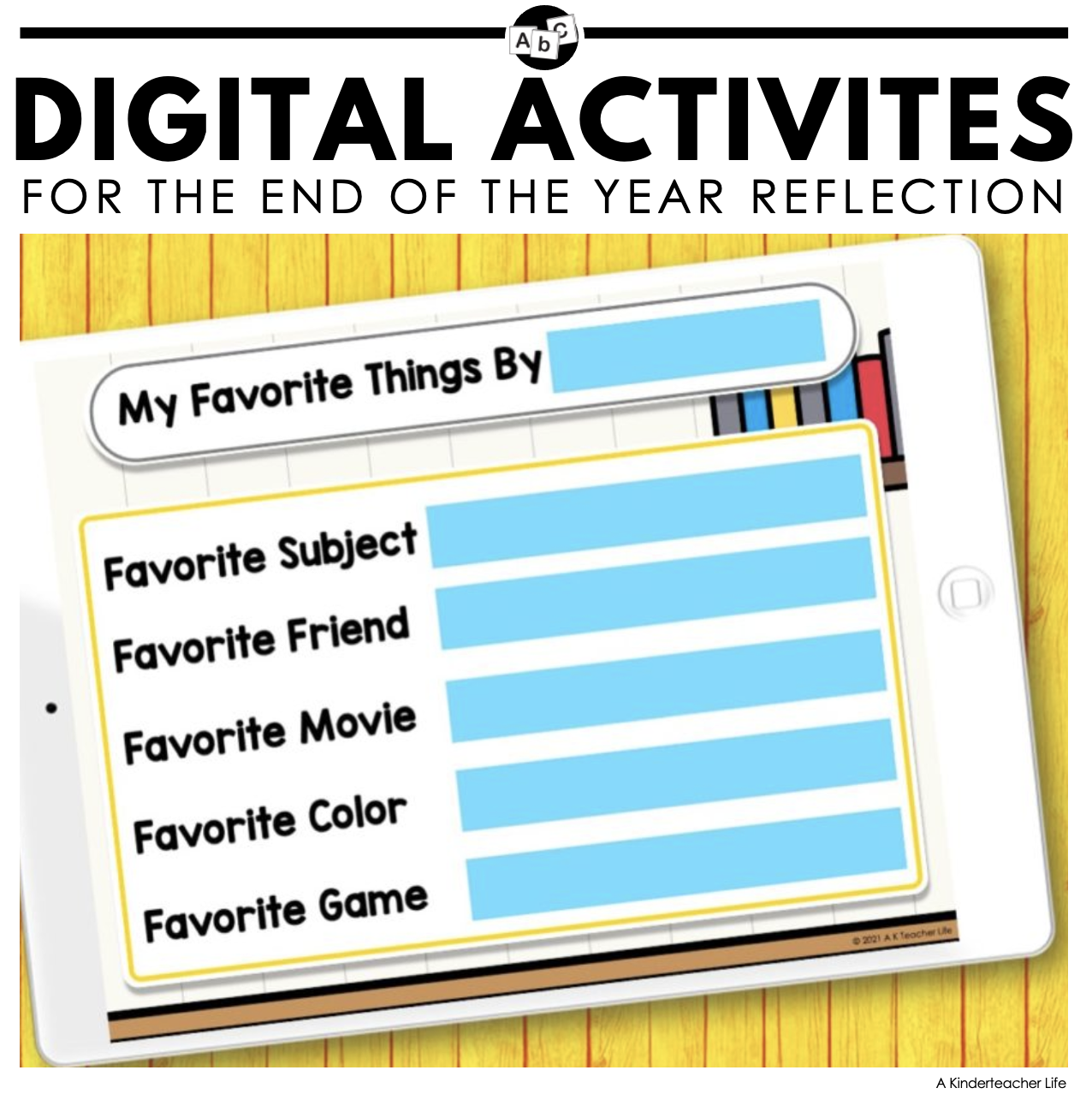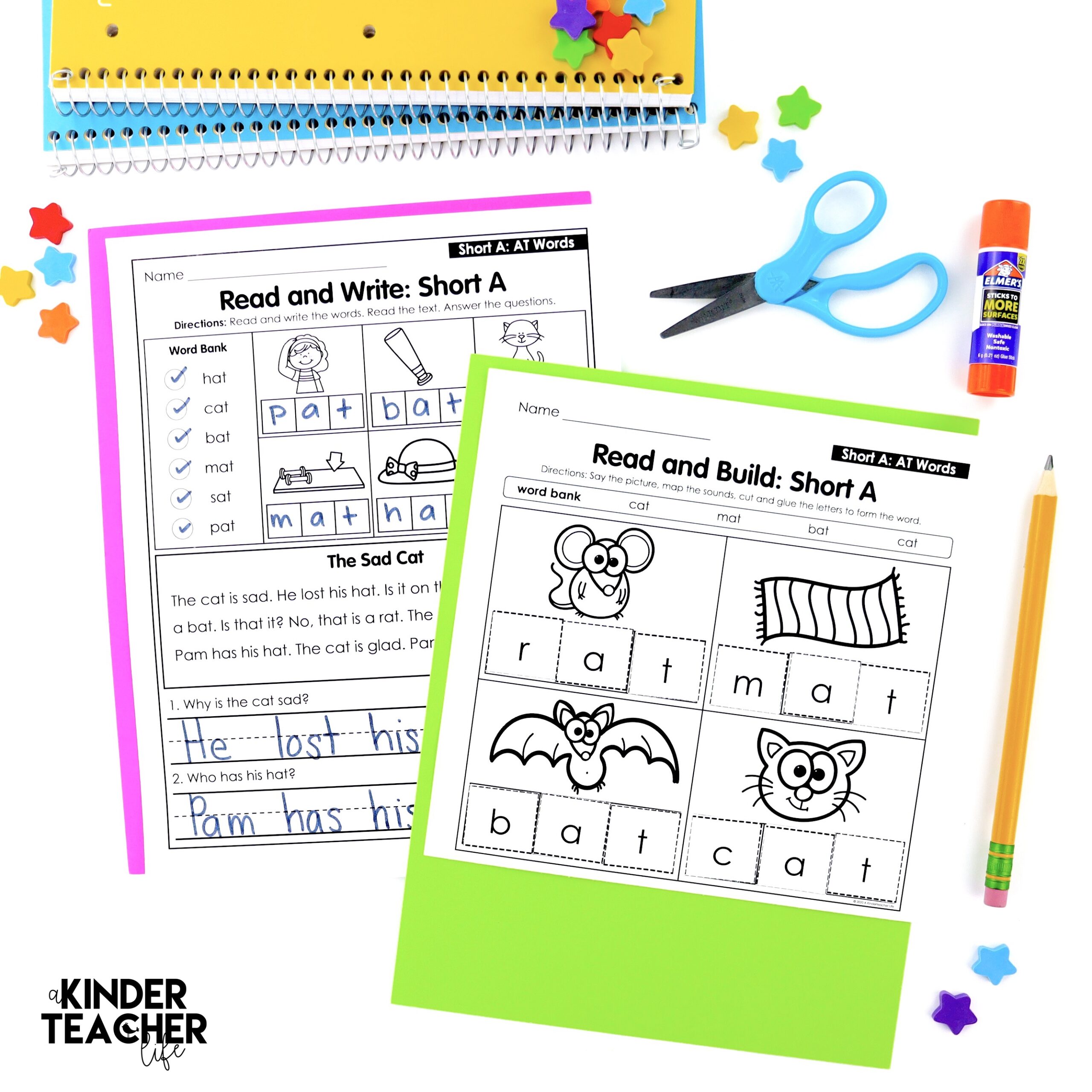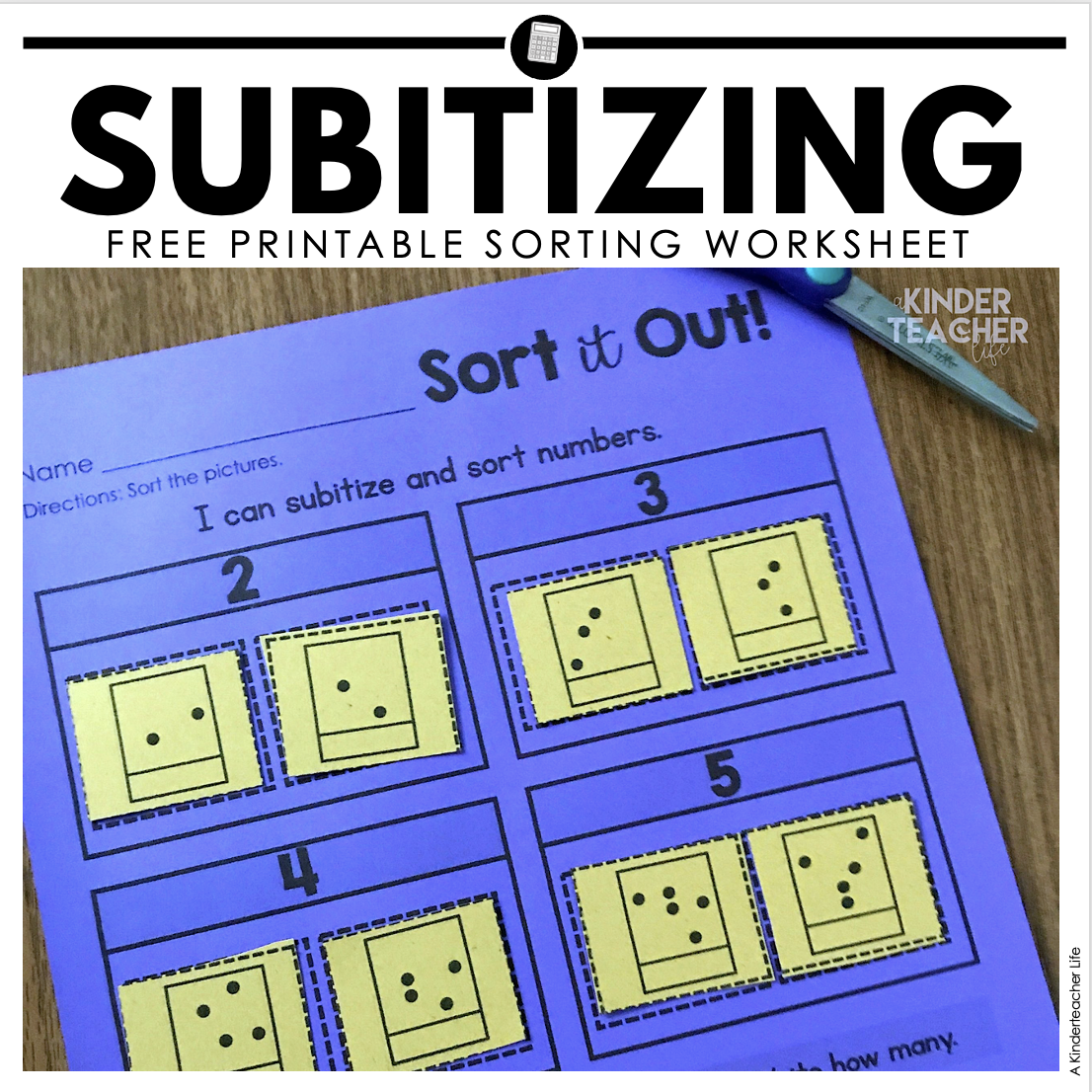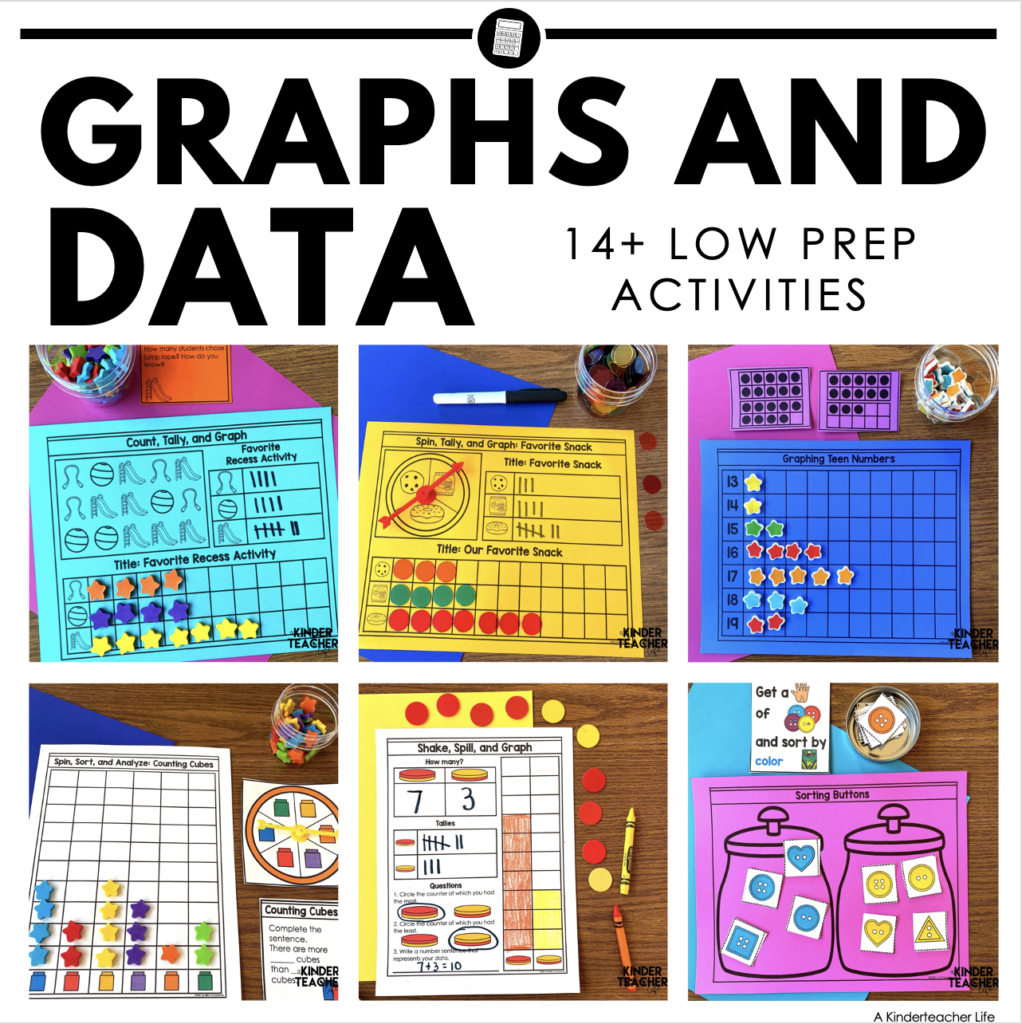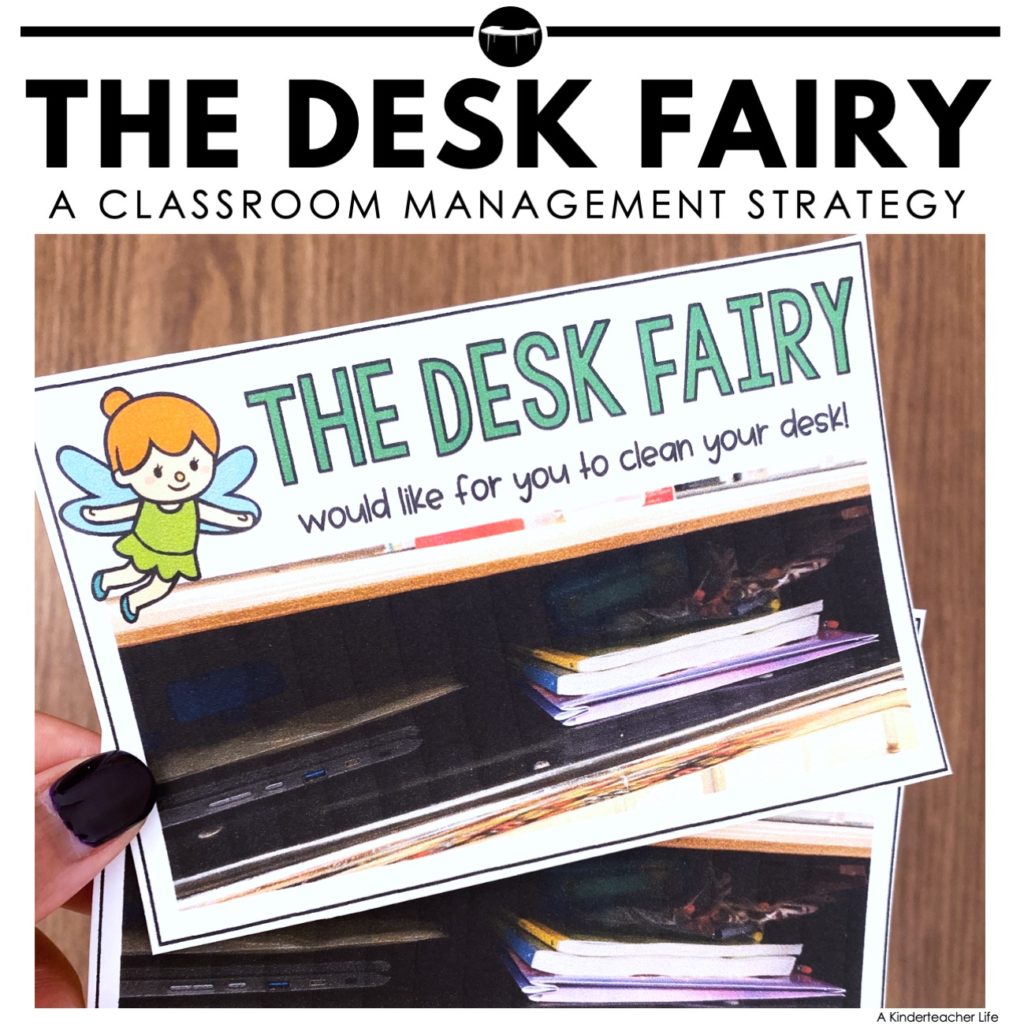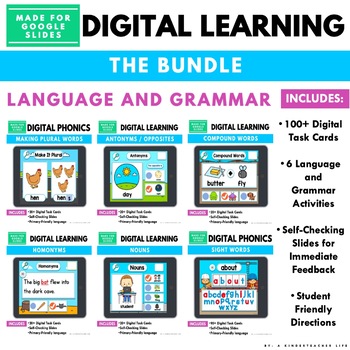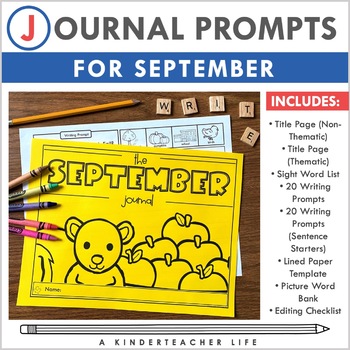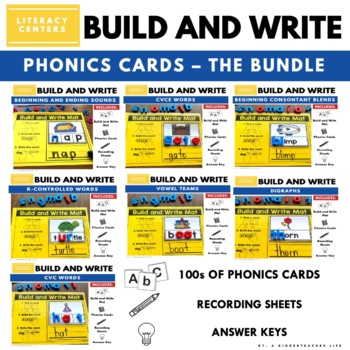Why You Should Use Vowel Posters In Your Classroom
I’m excited to share some stunning vowel posters that will be valuable additions to your classroom resources.
These posters are categorized by vowel types, including short vowels, long vowels, r-controlled vowels, and other vowels like diphthongs. Let’s explore why these posters are necessary for your phonics instruction and how students can use them as valuable reference tools.

Vowels are tricky!
Vowels can have multiple sounds depending on the word and its context, making it challenging for young learners to grasp consistent patterns.
Here are the reasons why vowel phonemes could be tricky!
- Short and Long Sounds: The distinction between short and long vowel sounds can be confusing, especially when the same vowel letter can represent different sounds.
- Silent Letters: Silent letters in words with vowel sounds can create ambiguity and difficulty in pronunciation for early readers.
- Vowel Teams and Diphthongs: Vowel teams (e.g., “ai,” “ea”) and diphthongs (e.g., “ou,” “oi”) introduce complex vowel combinations that can be challenging to decode and differentiate.
- R-Controlled Vowels: R-controlled vowels (e.g., “ar,” “er,” “ir”) add another layer of complexity as the presence of the letter “r” affects the pronunciation of the vowel.
- Non-Phonetic Spelling: English has many words with non-phonetic spelling, where the pronunciation only sometimes follows phonics rules, leading to confusion for young readers.
These vowel posters can help students distinguish between different vowel phonemes.
Get Science of Reading Resources
These posters are aligned with Really Great Reading, so if you use that program, please grab them! You can also use them for any context:)
If you need help printing these printables poster-size, Pocketful of Primary has a great tutorial.
These posters offer visual aids to enhance phonics learning in your classroom. Like all posters, students can use them as references when identifying a vowel phoneme.
Download these valuable resources to elevate your phonics curriculum and support students’ literacy development.
Happy teaching,
Tee

